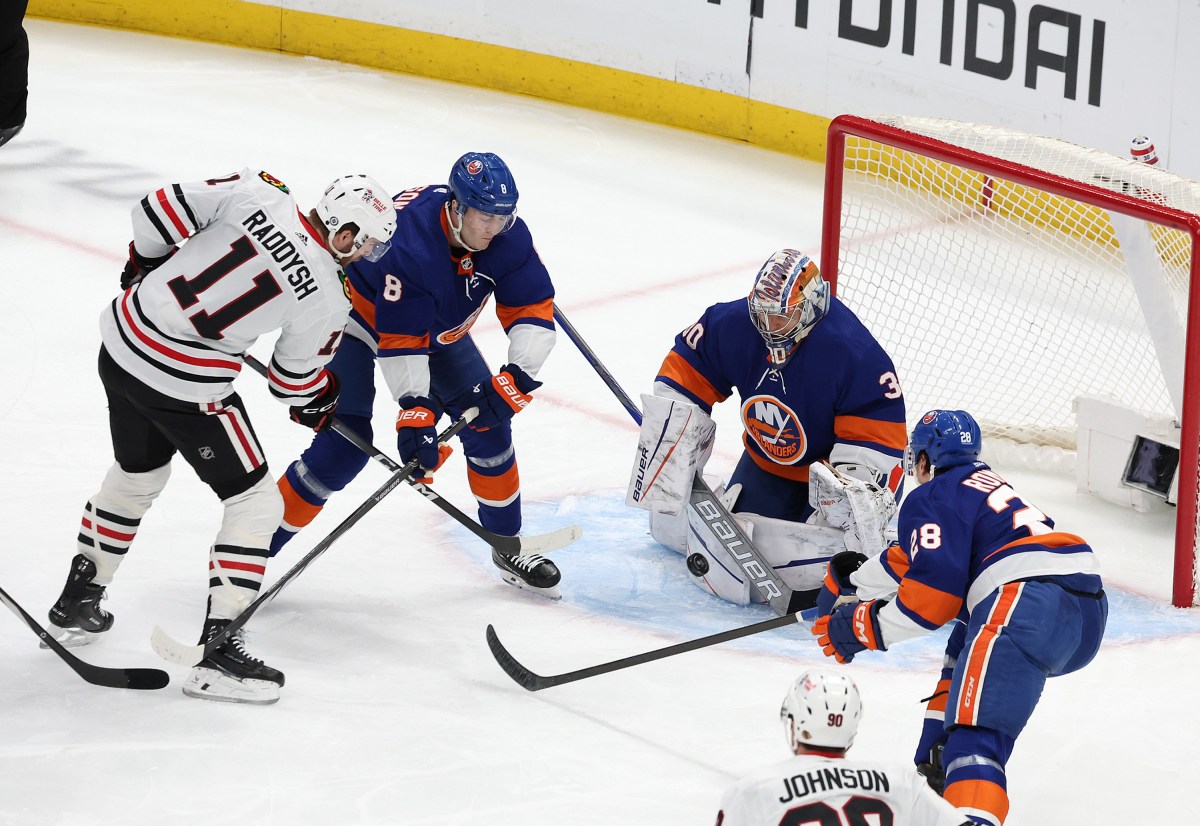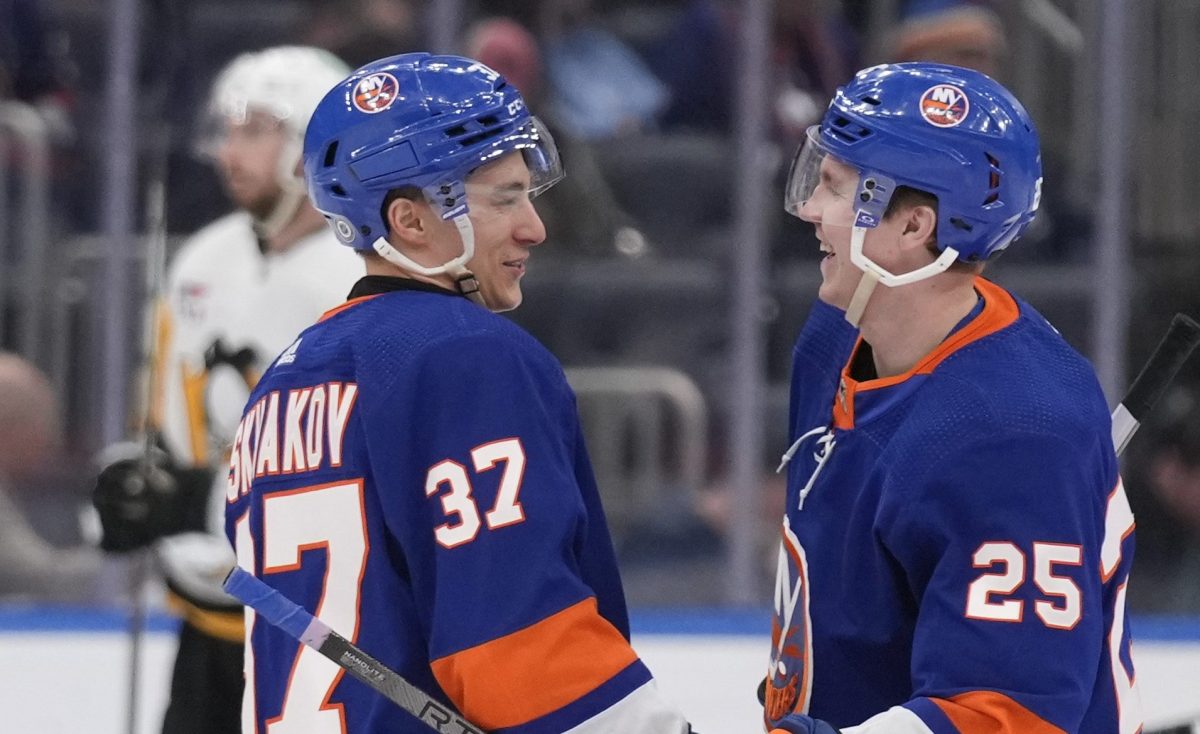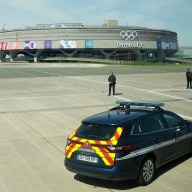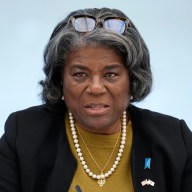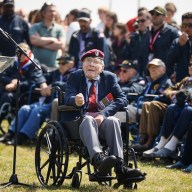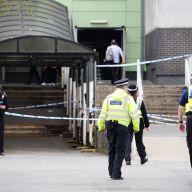Fighting in hockey has been argued for decades and there is no end in sight. Those who support fighting argue it keeps the game honorable and is a fan and television ratings attraction, while its critics view it as pointless and barbaric.
Among the strongest advocates for the elimination of fighting in the game is The Hockey News columnist Adam Proteau. He is the author of a soon-to-be-released book that challenges the NHL to clean up its on-ice product titled “Fighting The Good Fight: Why On-Ice Violence Is Killing Hockey.”
“It’s what I consider the exceptionalism that says ‘We’re different from all those other sports.’ The NFL, where guys will grab each other’s testicles in a scrum, somehow that’s less manly or less forceful than what happens in the NHL. I don’t buy it,” Proteau told Metro by phone this week. “It’s an unnatural part of hockey.”
The website Hockeyfights.com reports there have been 34 fights in the first 74 games this year, and it projects that there will be 565 fights by the end of the 2011-12 regular season. Moreover, there have been 3,754 fights in the 7,448 regular season games that have been contested, as of this writing, since the lockout. That works out to an average of one fight every two games.
“Guys are bigger, stronger, faster every year. You take away where the guys can police the game themselves then it’s going to be a bunch of stick work,” Islanders enforcer Trevor Gilles said following practice at Nassau Coliseum Tuesday. “It’s important that guys know that they have to be held accountable for taking liberties with star players.”
His words echoes those of Toronto Maple Leafs General Manager Brian Burke at the NHL Board of Governors meeting in June. When asked by Metro about the state of fighting in the NHL, Burke replied, “Even people like me, who are pro-fighting, are happy with where fighting is and don’t want to see its role expanded. The place fighting has in our game is that players do self-police.”
It is a rationale that Proteau vehemently disputes.
“I don’t buy any of that Brian Burke talk and I like Brian. He’s part of the hockey establishment that believes hockey is exceptional [compared to other major professional sports],” Proteau said. “I don’t buy the self-policing angle either because it’s always the so-called policeman in the game they’re the ones that wind up snapping, whether it’s Trevor Gillies or Chris Simon in the past, or some people might say Matt Cooke is a policeman. Derek Boogaard, when he was alive, he was certainly a policeman. They’re the ones that go off and take a baseball swing or stomp down on somebody’s skate.
“I just think this idea that there’s this Wild West romanticized ethical code that all hockey players live by is nonsense.”
Last Feb. 11, the Penguins and Islanders played in a game where they combined for 342 penalty minutes, 15 fighting majors and 10 game misconduct penalties in the Islanders’ 9-3 win.
It was a game that left a black eye on the NHL.
“I don’t think many people really thought it was right or it was hockey; obviously it was a game that had a lot of emotion. I guess that’s the way it kind of worked out,” said Islanders center John Tavares. “I think that game is in its own kind of category. Obviously, that was a little bit over the top and really
wasn’t much of a hockey game after the first half.”
While Tavares acknowledged the public outcry that emanated in the aftermath of the now-infamous game, he views the enforcer as someone who is in the sport for the foreseeable future.
“I think your linemates create you more [scoring] opportunities, but the ability an enforcer has, to make sure you’re not being taken advantage of in certain situations, is a big role. They’re there to protect you in a sense,” Tavares said. “Fighting is part of the game and I think we all believe it should stay. I think [if] you ask other players, for the most part, believe in it as well. Obviously not everyone is a fan of it but it’s been in the game for so long.”
Follow Metro’s NHL writer Denis Gorman on Twitter @DenisGorman for coverage of all the area teams.


